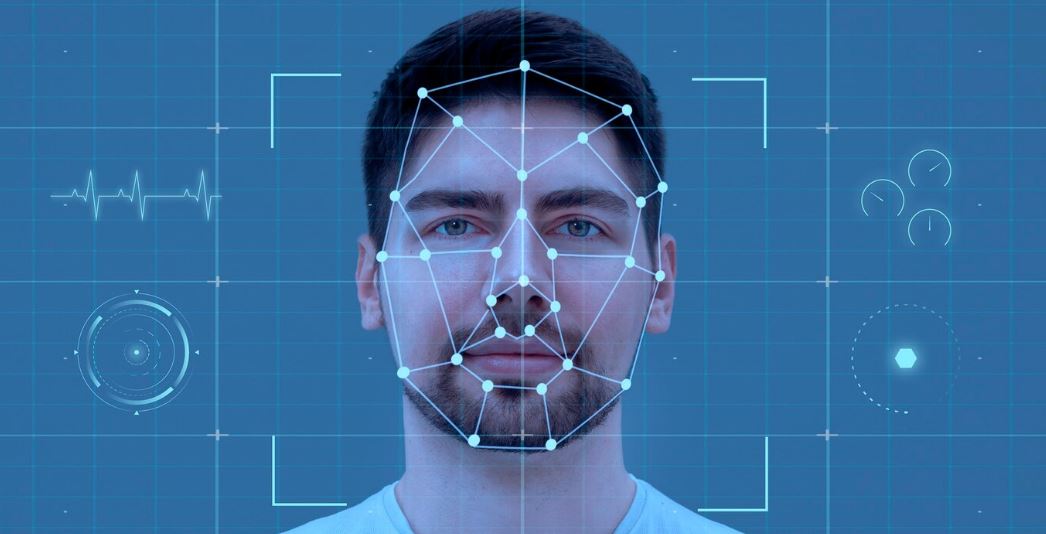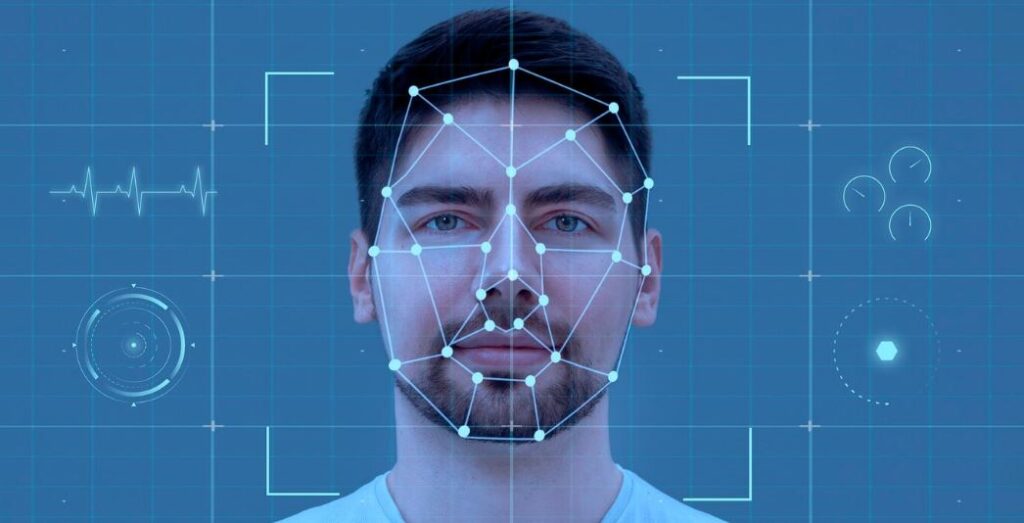The UAE’s choice to switch from paper Emirates ID cards to biometric technology is a strikingly calculated move in the direction of a future where people are empowered by technology. The project skillfully integrates facial recognition and artificial intelligence into daily life, creating a precedent that other countries are closely monitoring, much like a symphony gaining momentum.
The Federal Authority for Identity, Citizenship, Customs and Ports Security (ICP) is confidently developing an identity system that puts accuracy, convenience, and security first by utilizing cutting-edge biometric authentication. This technology has been successfully tested in a number of industries in recent months, indicating that in the future, you could easily access services ranging from banking to healthcare by simply presenting your face.
| Information | Details |
|---|---|
| Project Name | UAE Emirates ID Biometric Tech |
| Leading Authority | Federal Authority for Identity, Citizenship, Customs and Ports Security (ICP) |
| Core Technology | Facial Recognition, AI-Driven Biometrics |
| Rollout Timeline | Full deployment targeted by early 2026 |
| Major Sectors | Government Services, Banking, Healthcare, Hospitality, Telecommunications |
| Privacy Compliance | Federal Decree-Law No. 45 of 2021 |
| Implementation Status | Phased rollout with successful pilots |
Remote verification emerged as the new standard during the pandemic, pushing governments all over the world toward digital identity ecosystems. In light of this, the UAE’s action seems especially advantageous, providing a system that is remarkably clear in its goals: reducing red tape, improving user experience, and greatly boosting service delivery.
Digital identity emerged under the Government Bureaucracy Elimination Plan, which was introduced in August 2024, as a representation of agile governance as well as a technological advancement. The project significantly increased citizen engagement by implementing input gathered from shopping malls, service centers, and community councils, creating a future that feels less robotic and remarkably more human.

The UAE added a remarkably advanced layer of intelligence to the facial recognition systems by working with strategic partners. According to internal reports presented during the FNC sessions, early integration into important industries like banking and airports showed how surprisingly inexpensive and noticeably faster digital onboarding can be, cutting customer verification times by up to 70%.
For medium-sized companies dealing with compliance issues, this change is a welcome development. Biometric ID technology has been embraced by financial institutions in particular, which view it as a highly dependable way to satisfy strict AML and KYC regulations without putting clients through laborious paperwork.
The UAE has incredibly strong protections in place when it comes to data privacy, a subject that frequently sparks controversy. Users are reassured by the strict adherence to Federal Decree-Law No. 45 of 2021 that sensitive facial biometrics and other personal data are subject to strict regulations. Authorities strengthened public confidence during this significant transition by ensuring secure transactions through the integration of blockchain technology.
Participants in the pilot programs conveyed their gratitude for the biometric login systems’ surprisingly user-friendly and highly effective design. The process was “so smooth it felt like magic, not technology,” according to a resident interviewed at Zayed International Airport. This sentiment highlights how profoundly innovation can connect when done with care.
The UAE has acted with remarkable clarity and resolve over the last ten years as efforts to implement digital transformation have become more urgent than ever. This next evolution was made possible by initiatives like the UAE Pass, which already made biometric access to thousands of government services possible. Building on those achievements, Emirates ID Biometric Tech has developed an ecosystem that makes identity verification as easy as a quick look.
Early adopters particularly commended the system’s adaptability during the strategic rollout. Banking experts reported that the use of facial scans had reduced the time it took to onboard clients from hours to minutes. In a similar vein, hospital officials stressed how instantaneous, contactless identification can save lives in emergency situations.
The UAE is extending the biometric framework beyond government touchpoints and integrating it into everyday consumer experiences through strategic alliances with major private sector behemoths. While telecom companies are integrating facial ID into eSIM activation processes, hospitality chains are getting ready for contactless check-ins. This move feels incredibly efficient and futuristic.
Facial recognition and biometric authentication are predicted to transform how people use business and government services in the years to come. The UAE’s innovative initiatives set it apart as a model, especially for countries hoping to improve citizen experiences while maintaining security.
The biometric wave offers early-stage innovators a promising future. Thanks to the UAE’s innovative approach, startups that specialize in AI, security software, and decentralized digital identity solutions are now on the verge of a significantly expanded playing field.

